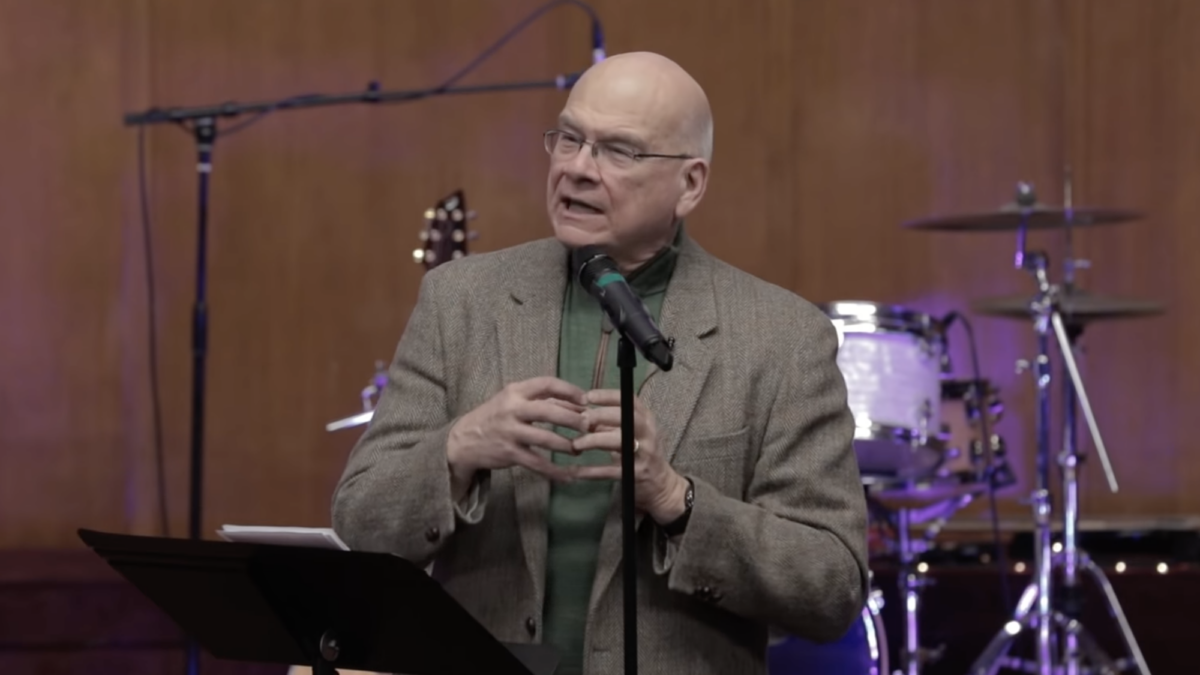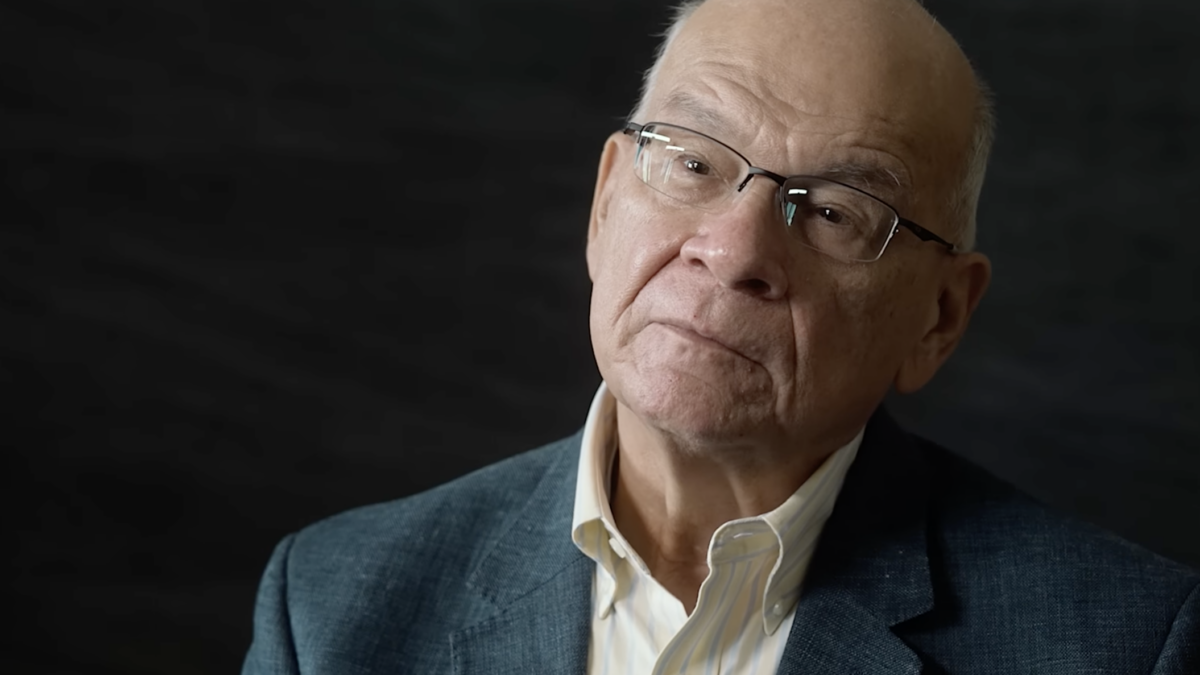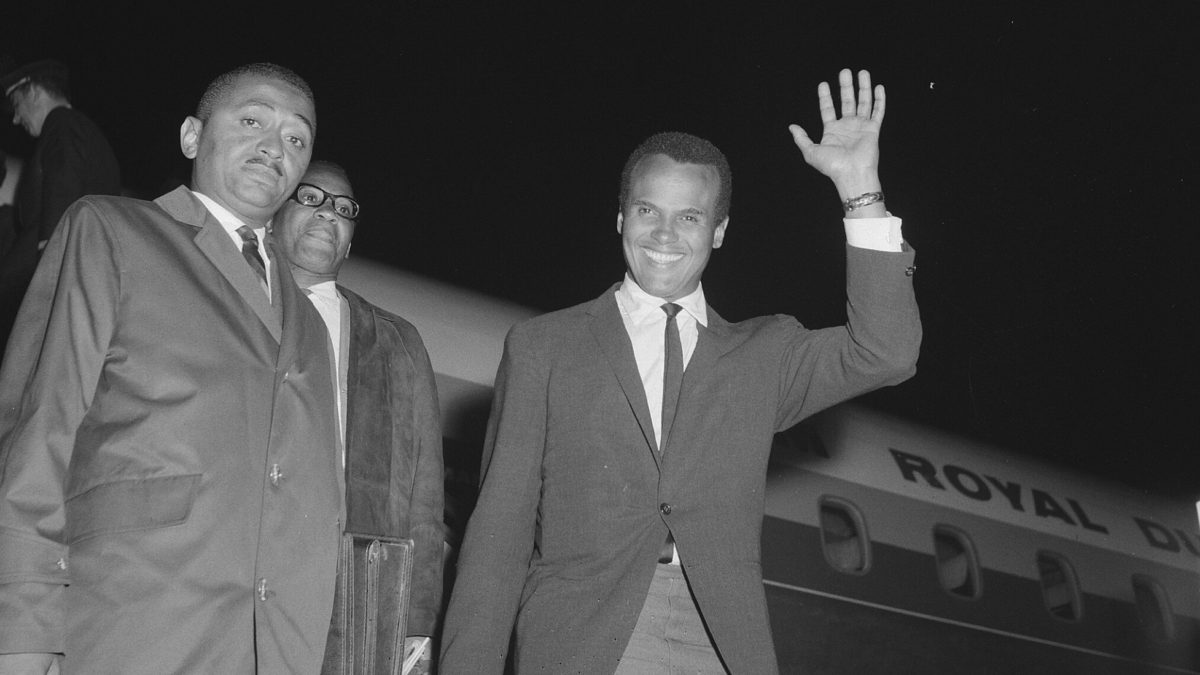
I woke Friday to the news that Anthony Bourdain had committed suicide. It came right after the death of Kate Spade on Tuesday, also from suicide. I’m typically not deeply affected by celebrity deaths, but it’s different with suicides. Fifteen years ago, when I was pregnant, the father of our unborn baby committed suicide.
More than a decade later, that day is both perfectly clear at points and hazy. We’d talked earlier in the day, and everything had seemed normal. I was in college, so I went to classes and came home to a phone call that forever changed my life. My mind did not initially process what I was hearing, and once I did I was hysterical. That someone I loved, whom I had just seen and spoken to, whom I was having a child with, was gone forever, was incomprehensible.
In the immediate aftermath I was surrounded by friends and family, and the grief was like a wild animal inside of me. There were times I could not contain it, and it would spill out in sobs and screams, and times that it would turn inward, causing me to desperately examine every interaction over the weeks and days preceding his death and wonder what I could have done differently. There were times that the only thing that kept me from complete despair was the baby inside of me—our baby.
In the years that have passed since, I married a man who loves me and my daughter, and went on to have other children. I’ve learned how to calm the grief, and how to anticipate what will make that grief rear back up: Anniversaries. Careless comments about suicide, and suicide jokes from others. News of other people who died, especially in the exact same way that he died.
The loved ones of those who have died from suicide will always have to cope with these sorts of feelings. When news comes of someone who has committed suicide, it’s very difficult for those affected by another’s suicide. The way the news covers these deaths, as well as the comments and reactions people have both in real life and on social media, can make this a difficult time.
Bethany Mandel, who survived the death of her father from suicide, talks about the disparity of coverage and support following suicides: “This is a profoundly illustrative way to describe those left behind; we survive. Suicide has a way of imprinting an indelible mark on the souls of those it leaves behind. In the wake of high-profile suicides like Spade’s, there is a great deal of discussion about the person who committed the deed and far too little about the survivors, who are especially in need of support and guidance.”
She’s right, and we need to talk more about how to help both those left behind work through their pain and survivors struggling with suicidal ideation. Here’s how I’ve learned to take care of myself, and my family, in the years since losing a loved one to suicide.
1. Surround Yourself With People Who Care
When pain is intense it’s tempting to withdraw, and to be alone. That isn’t what helps, especially long term. Allowing yourself to be alone with destructive thoughts and painful memories can be overwhelming, and it’s important to reach out to the people around you.
Let them know that you’re having a hard time. If they’re suffering also, you can grieve together. Together, remember the person who died. Grieve their loss, and remember all of the good times. Don’t try to forget them or how much they mattered to you, or feel like that’s the only way to erase the pain.
2. Understand the Grieving Process
Grieving someone isn’t a linear thing. It’s not some series of steps that you can rush through, and once complete you’ll never ache again. This is why, even months or years after the loss, something like a celebrity event or a news story can rip the scab off and take your breath away again.
One of the most important things someone can do when trying to cope is understand how grief works, and why. Grief, especially intense grief, is physical and mental. It can grab you in your sleep with vivid dreams and nightmares, or make you want to hide from your life.
Grief can also make you feel angry instead of sad. It can make you feel sick and nauseated, or leave you without a lot of emotions at all. Knowing that people grieve in many ways can be reassuring, because it lets you know that rather than doing grief wrong, as long as you’re still here, you’re doing it right.
3. Seek Out Spiritual Help
One of things that has had the most lasting and profoundly helpful effect for my grief has been spiritual care. I don’t mean generic, fortune cookie-type platitudes, but seeking out and regularly attending religious services.
There is comfort and healing from being in a faith community that can care for you, and offer you reassurance and hope. It’s hope and faith that help in the darkest moments, when nothing else seems to make sense. Ministerial support and counseling can be incredibly helpful, as well.
4. Distance Yourself From Things That Hurt
This may seem like beyond obvious advice, but for many of us it’s not. It can feel rude or impossible to disconnect from people who continually say hurtful things, especially when they are not intending to cause additional pain.
If you’re not able to let insensitive comments, intrusive questions, or incorrect information roll off your back, politely limit contact with people who continue to engage in behavior that prevents you from healthy grief. This includes people who are also grieving. It doesn’t need to be forever, but your lowest moments don’t need to include people who hurt you more.
5. Don’t Be Afraid to Share
The stigma around mental health issues and suicide are real, and they’re isolating. Just as memories of that day remain clear in my mind, so do the reactions of people when they found out his death was a suicide, not a car accident or some other loss that they would have felt more comfortable with.
It’s incredibly important that we stop shaming the friends and family left behind when someone dies from suicide. Unfortunately, suicide is not rare, and pretending that it is makes survivors feel even more alone and unable to access support and help.
There’s no quick fix or easy way to deal with the pain that comes from any death, and losing someone to suicide brings with it negative opportunities for self-blame and doubt on top of the grief. Celebrity deaths may have a way of reopening the wounds that you thought were mostly healed, but there are ways to cope with the pain and loss.
You’re not alone with your grief, and it’s important to grieve with the people in your life. Remember your loved one, and let the people in your life and faith community support you as you support them.
If you or someone you know is considering suicide, please contact the National Suicide Prevention Lifeline at 1-800-273-TALK (8255).









